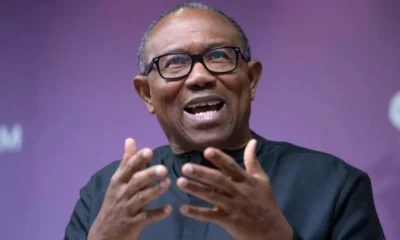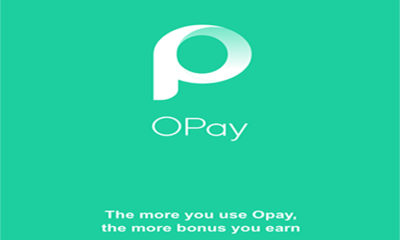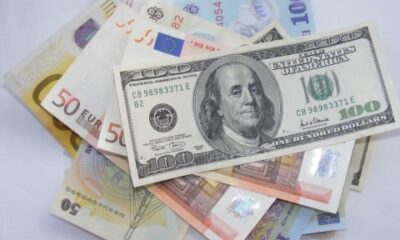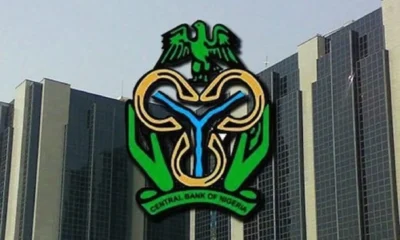More News
CBN Lists Guidelines As It Lifts Ban On Crypto Transactions In Nigeria
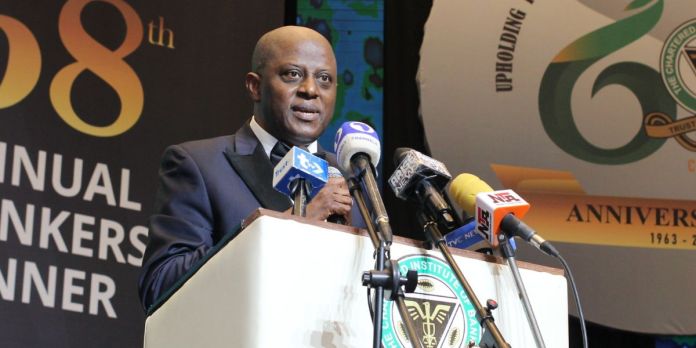
The Central Bank of Nigeria (CBN) has lifted the two-year restriction on cryptocurrency transactions, introducing rigorous customer KYC and anti-money laundering checks.
CBN Director, Financial Policy and Regulation department, Haruna Mustafa, issued a circular on December 22, 2023, outlining the guideline for financial institutions regarding their banking relationship with Virtual Assets Service Providers (VASPs) in Nigeria.
The CBN had in February 2021 restricted banks from operating accounts for cryptocurrency service providers due to money laundering and terrorism financing risks. In the recent circular, CBN acknowledged the global need to regulate virtual assets service providers, including cryptocurrencies.
The Financial Action Task Force (FATF) updated its Recommendation 15 in 2018, requiring the regulation of VASPs. The Money Laundering (Prevention and Prohibition) Act, 2022, also recognizes VASPs as financial institutions, and the Securities and Exchange Commission (SEC) issued rules in May 2022 for the regulation of their operations in Nigeria.
Simultaneously, the unification of Nigeria’s exchange rate led to a substantial increase in revenue from foreign exchange difference to N1.36tn in six months, as per data from the Federation Account Allocation Committee. This extraordinary profit resulted from foreign exchange revaluation gains due to the naira’s depreciation, currently at N825/$ compared to its 2022 closing rate of N461.50/$1. The difference in revenue from the exchange difference increased from N0.639bn in June to N364.87bn in November.
The shared revenue among the three tiers of government saw state governments receiving N317.36bn, local governments getting N244.66bn, and the federal government retaining the balance after statutory deductions. In a related development, 13 state governments recorded significant foreign exchange revaluation profits worth N71.59bn in three months, with Akwa-Ibom leading at N10.2bn, followed by Jigawa, Imo, Kogi, Nasarrawa, Plateau, Abia, Adamawa, Enugu, and Zamfara. Bauchi had the lowest profit of N120m, while Ebonyi and Osun received N4.79bn and N4.89bn, respectively.
Send Us A Press Statement Advertise With Us Contact
And For More Nigerian News Visit GWG.NG



